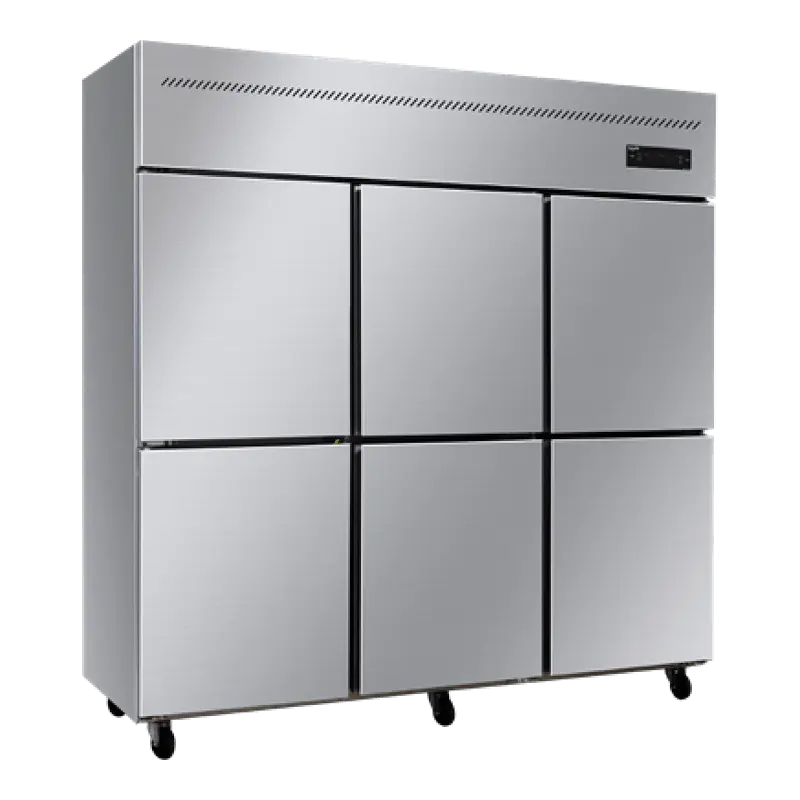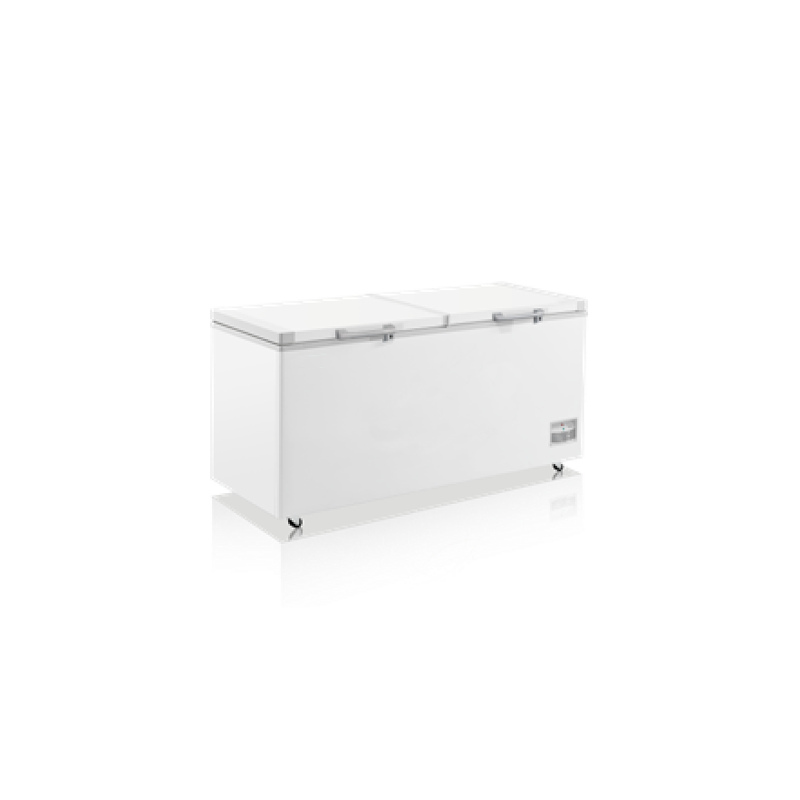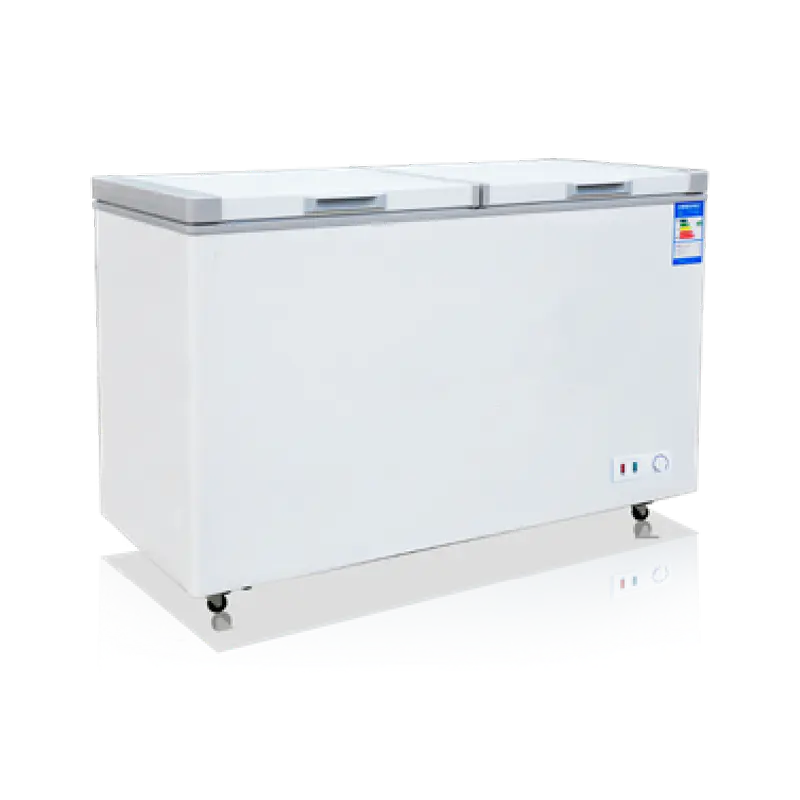Preventing Mineral Buildup and Scale on Ice Machines: A Practical Guide
Why Mineral Buildup and Scale Form in Ice Machines
Mineral buildup (scale) happens when dissolved minerals—primarily calcium and magnesium—come out of solution and deposit on internal surfaces. Ice machines accelerate this because they repeatedly freeze water on a cold evaporator plate while leaving minerals behind in the remaining water. Over time, those minerals harden into scale on evaporators, water distribution components, pumps, and sensors.
Scale is not just a cosmetic problem. A thin layer reduces heat transfer and disrupts water flow, which can lower daily ice production, increase run time, and contribute to nuisance shutdowns. It also creates rough surfaces where biofilm can anchor, making sanitation harder.
Two conditions that drive faster scaling
- Higher hardness and alkalinity: more scale-forming minerals available to deposit.
- Higher water temperature and repeated concentration: minerals concentrate as water freezes and recirculates.
Measure Your Water First: Hardness, Alkalinity, and TDS
Preventing mineral buildup and scale on ice machines starts with knowing what is entering the unit. The most useful numbers are hardness (scale potential), alkalinity (how readily minerals precipitate), and total dissolved solids (TDS, a proxy for overall mineral load).
If you only remember one conversion, use this: 1 grain per gallon (gpg) = 17.1 ppm (mg/L) as CaCO₃. Many simple test strips report in gpg or ppm.
Practical thresholds that change your maintenance plan
- Hardness around 0–3 gpg (0–51 ppm) typically scales slowly; standard preventive cleaning is often sufficient.
- Hardness around 7+ gpg (120+ ppm) commonly requires enhanced filtration or softening plus more frequent descaling.
- If TDS is high, taste and clarity issues may persist even after softening; consider additional treatment (e.g., carbon + scale control, or RO where appropriate).
Use either an annual lab report, an in-line hardness test kit, or quick test strips. Retest if you notice seasonal changes, municipal supply switches, or a sudden increase in scale.
Choose the Right Water Treatment to Prevent Scale
Filtration alone does not automatically prevent scale. Many filters improve taste and remove sediment/chlorine, but hardness minerals still pass through. The most effective prevention strategy pairs the right filtration with scale-control appropriate to your water chemistry and equipment type.
Common approaches and when they work
- Sediment + carbon filtration: protects valves and improves taste/odor; does not remove hardness, but reduces fouling that can trap minerals.
- Scale-inhibitor cartridges (polyphosphate/“scale control”): can slow mineral precipitation and reduce adhesion; best for moderate hardness and consistent flow.
- Ion-exchange softening: reduces calcium/magnesium (the main scale formers); often the most direct solution for hard water locations.
- Reverse osmosis (RO): significantly reduces dissolved minerals; helpful for very high TDS/hardness, but must be correctly sized and may need a storage/booster arrangement for high-demand machines.
A practical rule: if your hardness is consistently high and you are descaling more often than you prefer, the long-term fix is usually treatment (softening or RO), not just “stronger” chemicals.
Preventive Maintenance Schedule That Minimizes Scale
Most ice machine issues blamed on “bad equipment” are actually maintenance timing problems. Mineral buildup is easiest to remove before it hardens. Many manufacturers recommend routine cleaning/descaling about every 6 months under average conditions, but hard water sites often perform better at every 3 months (or based on observed scale).
A workable cadence for most operations
- Weekly: quick visual check for white crusting, uneven water flow, or cloudy ice; empty and wipe bin splash areas.
- Monthly: inspect filter condition and pressure/flow; verify water distribution holes are not narrowing with deposits.
- Quarterly to semiannually: full descaling + sanitation (timing determined by hardness, usage, and observed buildup).
- Filter changes: follow rated gallons and local conditions; clogged filters can reduce flow and increase concentration cycles, indirectly worsening deposits.
Key conclusion: If you see scale before the planned service interval, shorten the interval or upgrade treatment—otherwise the machine will drift into chronic underperformance.
Step-by-Step Descaling Process to Remove Scale Safely
Always follow the equipment manual and use a manufacturer-approved, food-safe descaler (many units require nickel-safe formulations for plated evaporators). The steps below describe a general, practical approach that prevents overexposure and helps you confirm the scale is actually gone.
General descaling workflow
- Turn off the ice machine and isolate power/water per site safety procedures. Remove ice from the bin if your process requires it.
- Access the water system components (distribution tube/plate, sump, curtain where applicable) and perform a dry inspection. Note any heavy white deposits or blocked ports.
- Prepare descaler at the dilution specified by the chemical label or OEM instructions. Avoid “extra strong” mixes; stronger is not always faster and can damage surfaces.
- Run the cleaning cycle or circulate the solution as designed. Where manual cleaning is allowed, brush removable parts with a soft brush to break the scale’s surface.
- Drain and rinse thoroughly. Rinse until odor is gone and foaming stops; residual acid can accelerate corrosion and affect ice taste.
- Sanitize after descaling (separate step). Descaler removes minerals; sanitizer targets microbes. Do not assume one replaces the other.
- Restart, observe the first harvest cycles, and confirm even water flow and normal freeze/harvest timing.
Practical check: If scale returns visibly within weeks, the underlying driver is usually water chemistry (hardness/alkalinity) or inadequate rinsing/interval—not the descaler itself.
High-Risk Components Where Scale Causes the Most Trouble
Mineral buildup does not affect all components equally. Focusing attention on a few “scale magnets” prevents the majority of performance and reliability problems.
Where to look first
- Evaporator/ice-making surface: scale here reduces heat transfer and can cause incomplete release during harvest.
- Water distribution holes/tubes: partial blockage creates dry lanes and uneven cubes, accelerating local mineral concentration.
- Float valves and level sensors: deposits can cause sticking or false readings, leading to overfill/underfill and erratic cycles.
- Pumps and recirculation paths: scale and grit can erode impellers and reduce flow.
- Drain and sump areas: concentrated minerals settle here; neglect can re-seed the system quickly after cleaning.
Use This Decision Table to Match Water Conditions to Actions
| Observed/Measured Condition | What It Typically Causes | Best Preventive Move | Service Interval Tendency |
|---|---|---|---|
| Hardness < 3 gpg (< 51 ppm) | Slow scale formation | Sediment + carbon filtration; standard cleaning | Often ~6 months |
| Hardness 3–7 gpg (51–120 ppm) | Moderate scaling; cloudy ice possible | Add scale-inhibitor cartridge or softening (site-dependent) | Often 3–6 months |
| Hardness > 7 gpg (> 120 ppm) | Fast scaling; blocked distribution; harvest issues | Softener (or RO in high TDS scenarios) + disciplined cleaning | Often ~3 months or less |
| High sediment / visible grit | Plugged valves, pump wear, scale “seeding” | Upgrade sediment prefiltration; monitor differential pressure | Filter-dependent |
Use the table as a starting point, then tune it based on results. The “right” plan is the one that keeps the evaporator clean, water flow even, and ice quality consistent without emergency cleanings.
Early Warning Signs and Quick Corrections
Catching scale early is the fastest way to prevent long downtime. Most sites get multiple warning signs before production drops enough to notice on the customer side.
Symptoms that often point to mineral buildup
- White crust on distribution tubes, curtains, or evaporator edges
- Hollow, malformed, or uneven cubes; increased clumping in bin
- Longer freeze times, short cycling, or intermittent “water” faults
- Cloudy ice when the unit previously produced clear ice (after ruling out sanitation issues)
Fast corrective actions
- Shorten the descaling interval immediately (do not wait for the next scheduled date).
- Verify filter replacement timing and confirm adequate flow; replace clogged cartridges.
- Test hardness again; if it increased, reassess treatment (softener sizing, RO performance, or scale-control cartridge selection).
Operational Practices That Reduce Scaling Between Cleanings
In addition to water treatment and chemical cleaning, day-to-day operating habits can slow mineral buildup. These do not replace descaling, but they often extend the time between “problem-level” deposits.
What to standardize at the site level
- Keep condenser coils and airflow paths clean so the unit runs at normal temperatures; hotter operation can worsen mineral precipitation tendencies.
- Avoid extended shutdowns with water sitting in the sump; stagnant, concentrated water leaves heavier deposits. If the machine will be off for days, follow the OEM shutdown procedure.
- Document cleanings and filter changes with dates and measured hardness; trend lines reveal whether the water supply is shifting.
Key conclusion: The most reliable way to prevent scale is consistent water conditioning plus a cleaning cadence based on measured hardness and observed deposits—not calendar reminders alone.


 English
English русский
русский Español
Español عربى
عربى













